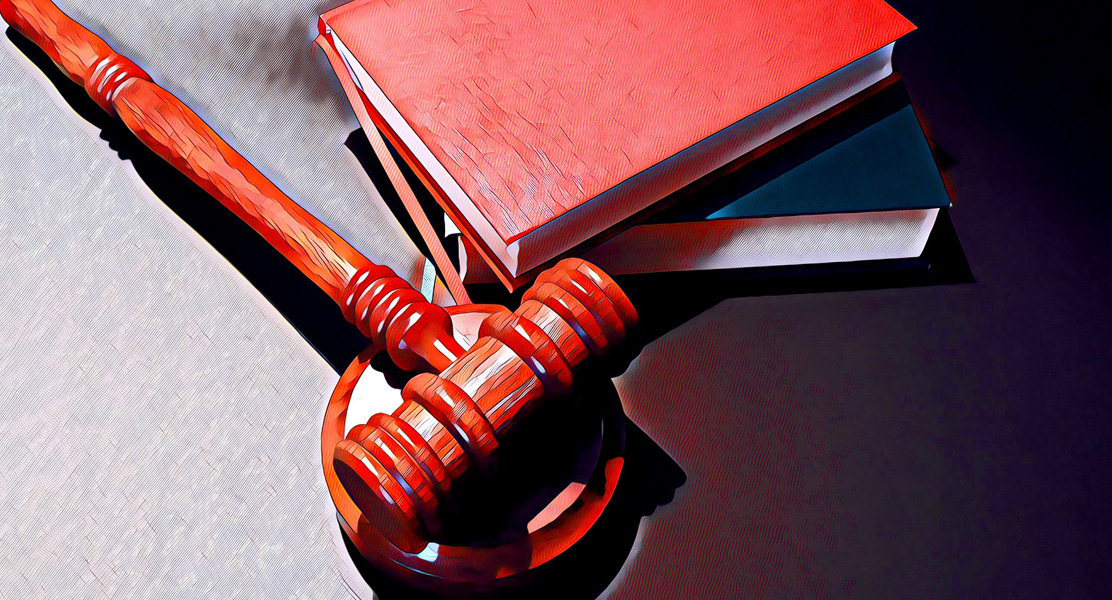Maryland county commission ends long-running suit over prayer policy with settlement

A judge this week approved a settlement agreement reached between Maryland’s Carroll County Commission and plaintiffs challenging the constitutionality of the commission’s prayer policy, ending a 6-year legal battle. The commission agreed to stop the practice of opening meetings with commissioner-led prayer and will pay $125,000 to the American Humanist Association for attorney’s fees and expenses incurred in the case.
A judge ruled against the commission, and ordered their prayer practice to stop back in 2014. But that injunction was lifted after the U.S. Supreme Court’s ruling that same year in Town of Greece v. Galloway. There, the Court upheld a local government’s prayer practice even though it involved distinctly Christian invocations. But, the majority made clear that there are still constitutional limits to that practice, both in content and context.
The Carroll County decision to finally settle this case and change their practice reflects that reality that, after Town of Greece, not everything goes when it comes to government-led prayers. A 2017 decision by the 4th U.S. Circuit Court of Appeals (which covers Maryland) in Lund v. Rowan County, in which the court found a commissioner-led prayer practice unconstitutional further confirmed that fact and likely placed in doubt Carroll County’s similar practice. The Supreme Court last year declined to take up Lund.
So, what is a county to do when their prayer policy likely violates the Constitution? In Carroll County, thankfully, they decided to adopt a more sensible approach (a moment of silence) that not only respects constituents of all faiths, it also protects the taxpayer.
As the Baltimore Sun reports:
“For me, it comes down to the responsibility we have to all the citizens of Carroll, and what we didn’t hear today is the myriad of emails we got from other folks in our county who are very much challenged by the fact that we do have the real good possibility of spending upwards of three-quarter to half-a-million dollars to pursue this,” Commissioner Stephen Wantz, R-District 1, said in the meeting.
…
Before the commissioners voted, [county attorney Tim] Burke said he believes Carroll would likely lose the case in U.S. District Court and Fourth Circuit Court, due to the precedent set by the Rowan County case, which the Supreme Court did not take on.
…
“Faced with the staggering costs of this, I am not willing to risk our public resources on such a long shot,” [commissioner Eric] Bouchat said…Commissioner Ed Rothstein, R-District 5, argued the moment of silence allows commissioners to pray if they wish. “It does not take away our opportunity in that moment of silence to pray,” Rothstein said.
As the Baltimore Sun report details, the commissioners made that unanimous decision in the face of some significant public opposition from residents who wanted them to continue the fight regardless of the cost or the odds. Commissioner Rothstein is right. There are ample ways for personal prayer prior to or even during a government meeting – a moment of silence being just one – without endangering the religious freedom rights of constituents. Even if Carroll’s challenged prayer practice had passed the Town of Greece test, that doesn’t mean it’s required. Given the choice, why not institute a more inclusive alternative? It just might save a lot of taxpayer money in the process.




